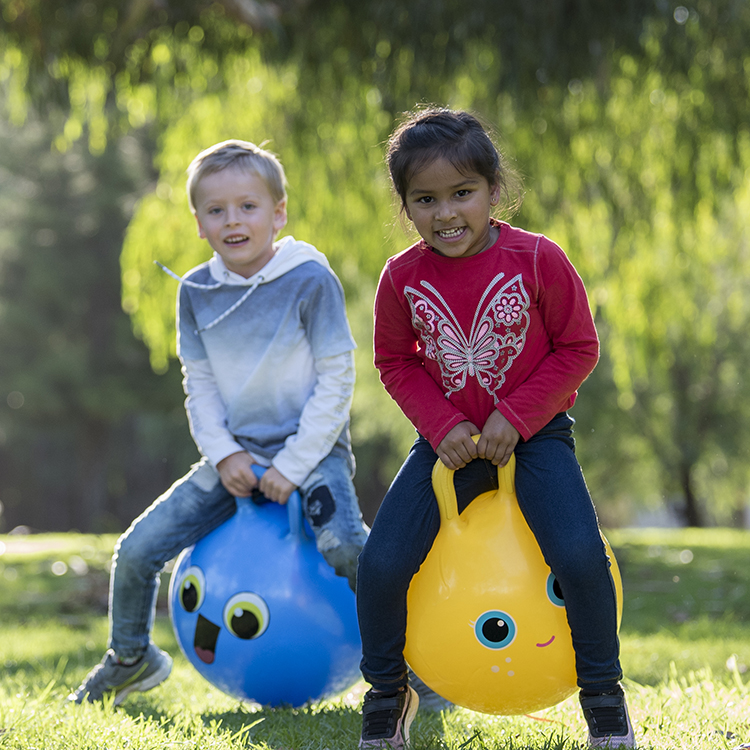Search
Research
Immunogenicity and boosting following a reduced number of doses of a Pneumococcal Conjugate Vaccine in infants and toddlersThe minimum number of doses of pneumococcal conjugate vaccine required for protection is not known. We studied the immunogenicity of a reduced schedule in...
Research
The association between behaviour and genotype in Rett Syndrome using the Australian Rett Syndrome DatabaseThis study compared the behavior profile of cases in the Australian Rett Syndrome Database (ARSD) with those in a British study using the Rett Syndrome...

The Children’s Respiratory Science group’s research has an emphasis on mechanisms of respiratory health in children including those that predict and underpin acute viral respiratory infections in children.
Research
Bioenteric Intragastric BalloonThe purpose of this randomized clinical trial is to determine whether the use of the BIB aids weight loss in obese adolescents.
Research
Neurocognitive outcomes of children with type 1 diabetes mellitusTo conduct an analysis of children with TIDM’s cognitive profile at an age in which both cognition and cortical development are still maturing
Research
Early environmental determinants of pancreatic islet autoimmunity: a pregnancy to early life cohort study in children at risk of type 1 diabetesThis study is looking for the causes of type 1 diabetes, so that we can find ways to prevent it.

Kids Rehab WA is an integrated team of clinicians and researchers who deliver and research therapies for children with acquired or congenital neurological impairments, leading to improved outcomes for children and their families.

The Bacterial Respiratory Infectious Disease Group (BRIDG) has a major focus ear and lung disease involving Streptococcus pneumoniae and Haemophilus influenzae.

Working alongside the Healthy Skin & ARF Prevention team, clinicians and other researchers; Elder researchers and community members have driven the co-design of healthy skin promotion resources localised to their community.

The aim of the Computational Biology team is to understand how individual bases in our genome predispose, alter and interact in normal and disease contexts.
